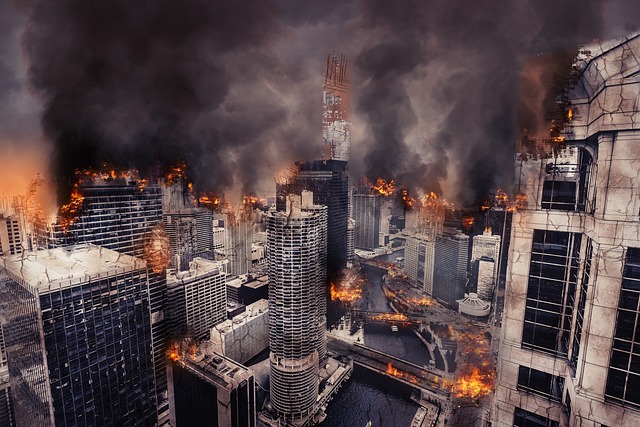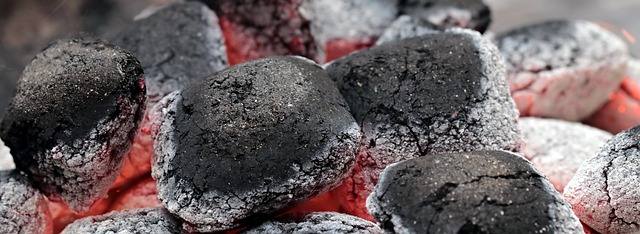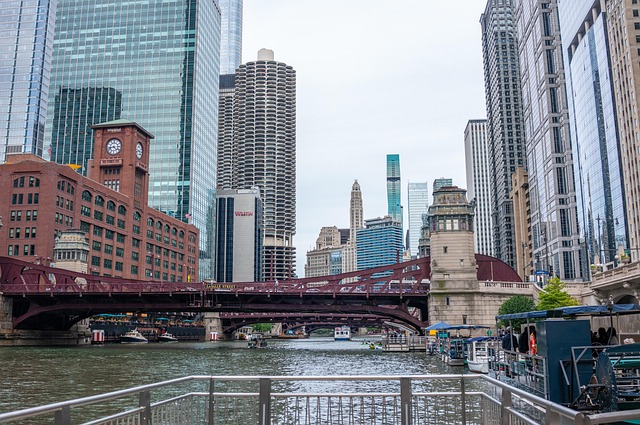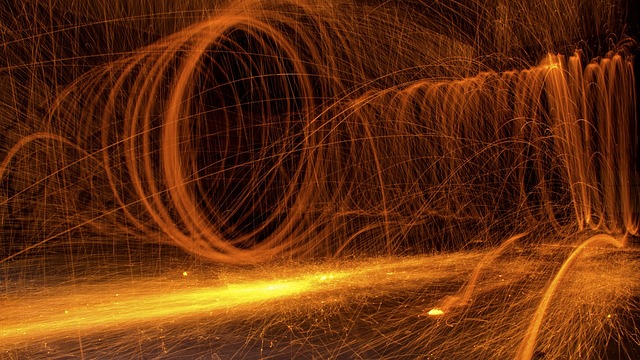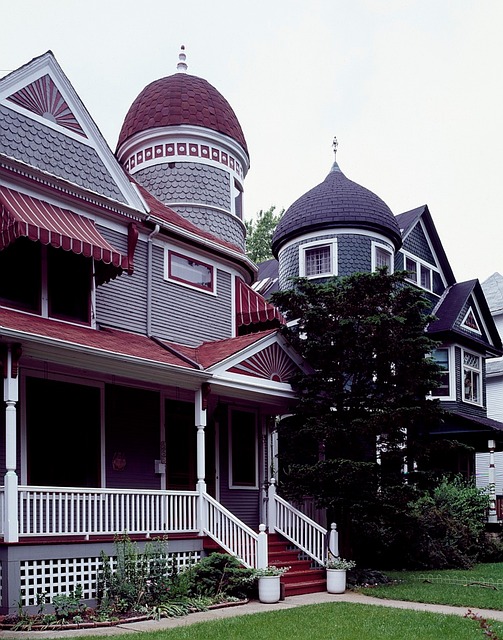Chicago's stringent housing regulations aim to ensure safety and maintain neighborhood standards, especially for homes with fire damage. Sellers have legal obligations to disclose past fires, provide detailed information, and offer proper documentation. The process involves inspections, restoration, and adherence to building codes by professional contractors to maximize resale value. Understanding legal requirements and avoiding mistakes like underestimating repair needs is crucial to a smooth transaction in Chicago's real estate market.
“Chicago homeowners face unique challenges when considering the sale of properties with fire damage. This comprehensive guide navigates the intricate web of housing regulations, specifically tailored to Chicago’s real estate landscape. From understanding disclosure requirements to demystifying the inspection process and avoiding legal pitfalls, this article equips sellers with essential knowledge for successfully navigating the sale of a house with fire damage in Chicago. Ensure you’re prepared for a smooth transition.”
- Understanding Chicago's Housing Regulations: A Comprehensive Overview
- Fire Damage Disclosure Requirements for Home Sellers in Chicago
- Navigating the Inspection and Repair Process Post-Fire Damage
- Legal Implications and Common Pitfalls to Avoid When Selling a Damaged Property
Understanding Chicago's Housing Regulations: A Comprehensive Overview
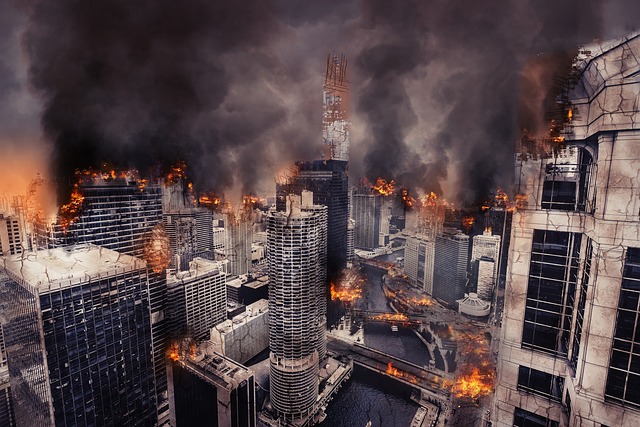
Chicago’s housing regulations are designed to ensure safety, maintain neighborhood standards, and regulate the property market. When it comes to selling a house with fire damage in Chicago, understanding these regulations is crucial. The city has specific guidelines for repairing and rehabilitating properties, especially those affected by fires, to meet safety standards before putting them back on the market.
These regulations cover various aspects, from structural integrity and electrical systems to indoor air quality and accessibility features. For instance, any selling or renovation project involving fire-damaged homes must adhere to strict building codes and safety protocols. This includes proper inspection, restoration, and documentation to ensure the property meets Chicago’s high standards for residential safety, particularly when potential buyers consider purchasing a house with historical fire damage in Chicago.
Fire Damage Disclosure Requirements for Home Sellers in Chicago
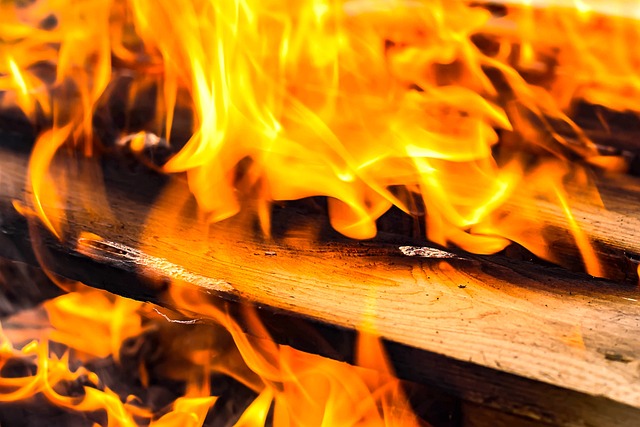
In Chicago, home sellers have legal obligations regarding the disclosure of fire damage when putting their properties on the market. This is a crucial aspect for buyers to understand before purchasing, especially given the potential risks associated with hidden structural issues or hazardous materials left behind by fires. Sellers must provide detailed information about any past fire incidents that have occurred in the residence, including the date, cause, and extent of the damage.
A comprehensive disclosure should include descriptions of visible scars, like charred walls, melted flooring, or blackened ceilings. Additionally, sellers are required to reveal if there were any structural repairs made after the fire and provide documentation supporting these renovations. These regulations aim to ensure transparency, allowing potential buyers to make informed decisions when purchasing a home with a history of fire damage in Chicago.
Navigating the Inspection and Repair Process Post-Fire Damage

When selling a house with fire damage in Chicago, navigating the inspection and repair process is crucial. After a fire, it’s essential to understand that potential buyers will require thorough documentation of the incident and evidence of any necessary repairs. This includes obtaining official reports from fire departments, as well as assessing and addressing structural integrity issues caused by the damage.
Chicago housing regulations mandate that all safety standards be met before a property can be sold. Therefore, homeowners must carefully plan and execute the repair process, ensuring every aspect meets local building codes. Repairs should address not only visible damages but also hidden consequences like compromised insulation or electrical systems. Professional contractors with experience in fire damage restoration are key to navigating this process successfully, helping to maximize the home’s resale value after fire damage.
Legal Implications and Common Pitfalls to Avoid When Selling a Damaged Property
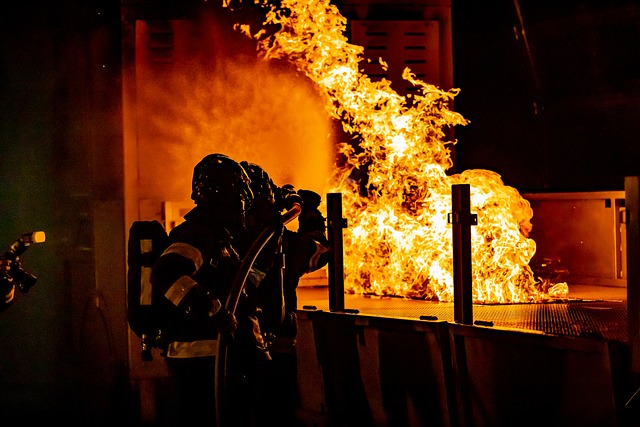
When selling a house with fire damage in Chicago, understanding the legal implications and common pitfalls is crucial. In Illinois, sellers are legally obligated to disclose any known defects or damage that could impact a property’s safety or value. Failing to do so can lead to significant legal consequences, including liability for damages if buyers discover hidden issues post-purchase. This is particularly relevant when dealing with fire damage, which often leaves visible and structural remnants that require proper disclosure.
One common pitfall is underestimating the extent of repairs needed. Buyers typically conduct home inspections, and any discrepancies between disclosed and actual conditions could raise red flags. Sellers must provide accurate, detailed information about fire damage—including the cause, scope, and necessary repairs—to avoid potential disputes or legal claims. Proper documentation and transparency are key to a smooth sale, ensuring both parties are protected under Chicago’s real estate regulations.
Selling a house with fire damage in Chicago involves navigating complex regulations and legal requirements. Understanding these regulations, from fire damage disclosure to inspection and repair processes, is crucial for both sellers and buyers. By being aware of the potential pitfalls and ensuring compliance, you can streamline the selling process and make informed decisions regarding any necessary repairs. Remember, transparency and adherence to local guidelines are key to a successful transaction when selling a property with fire damage in Chicago.
